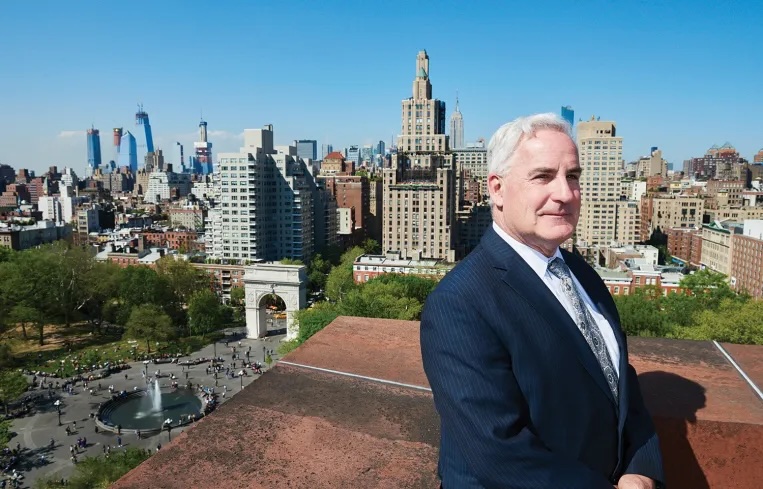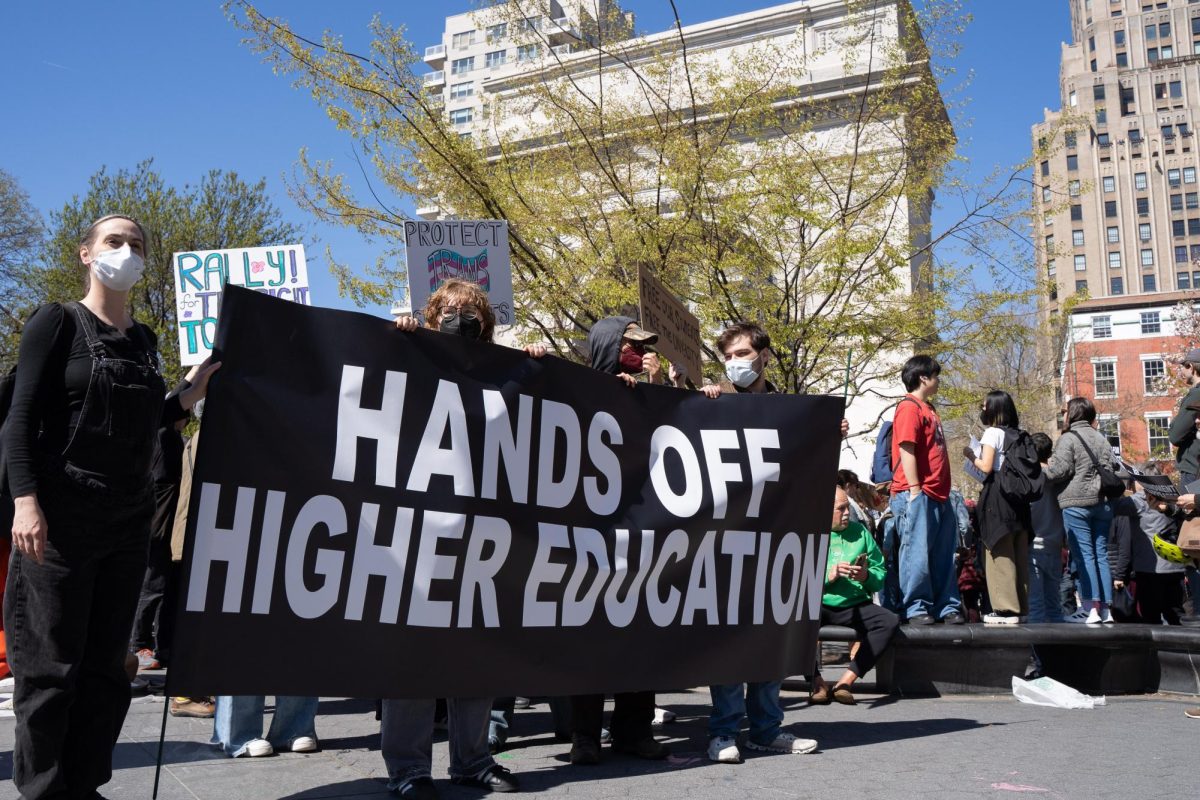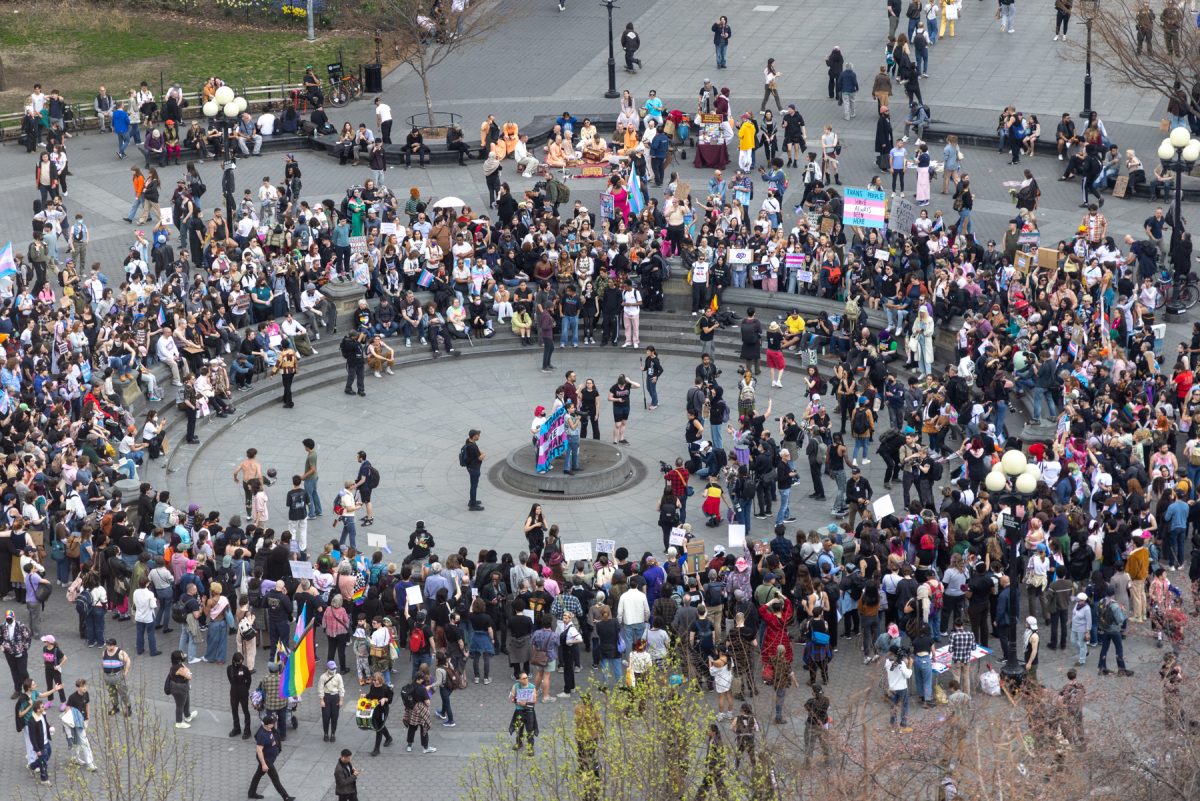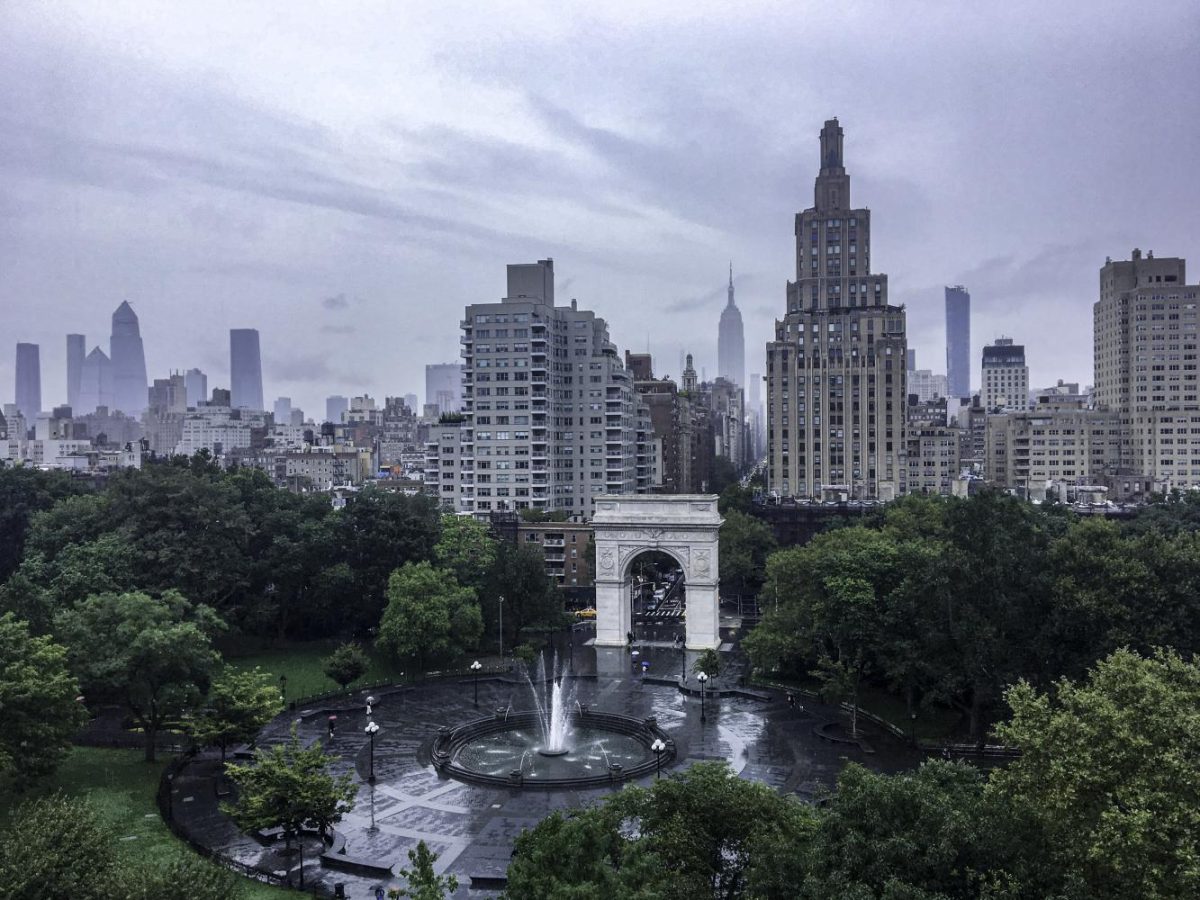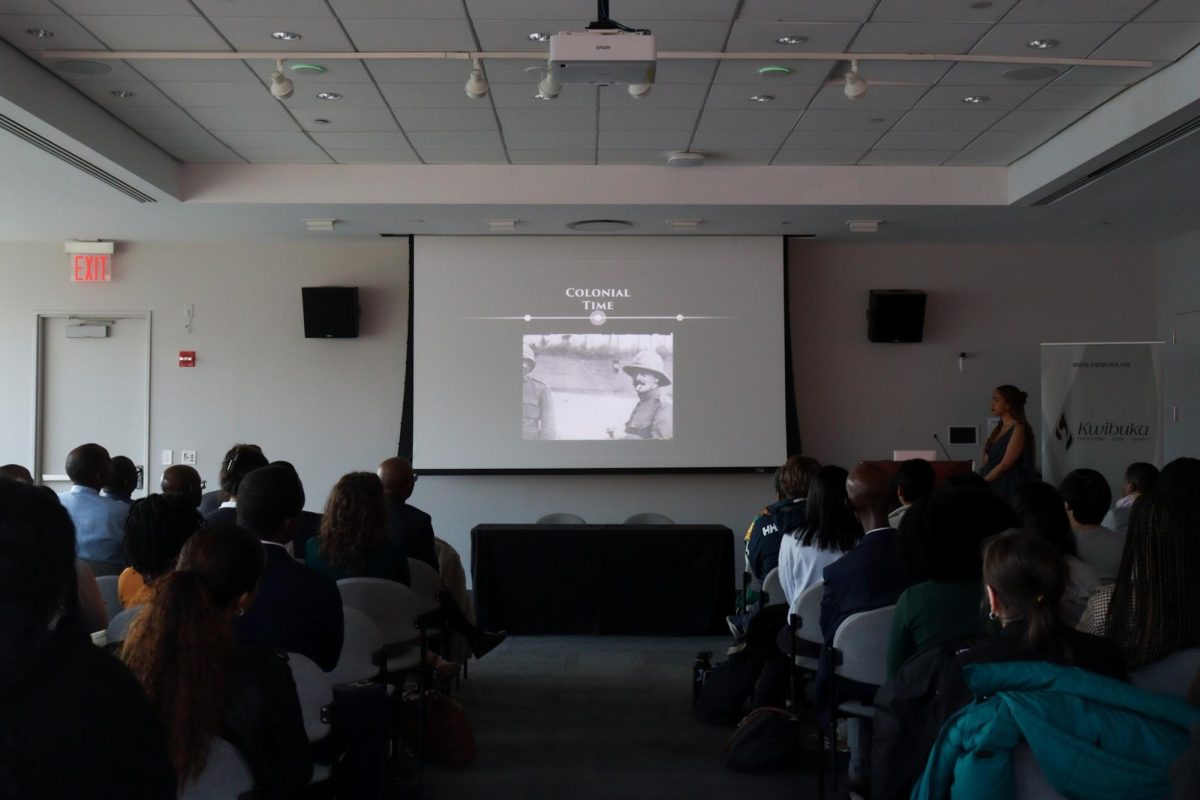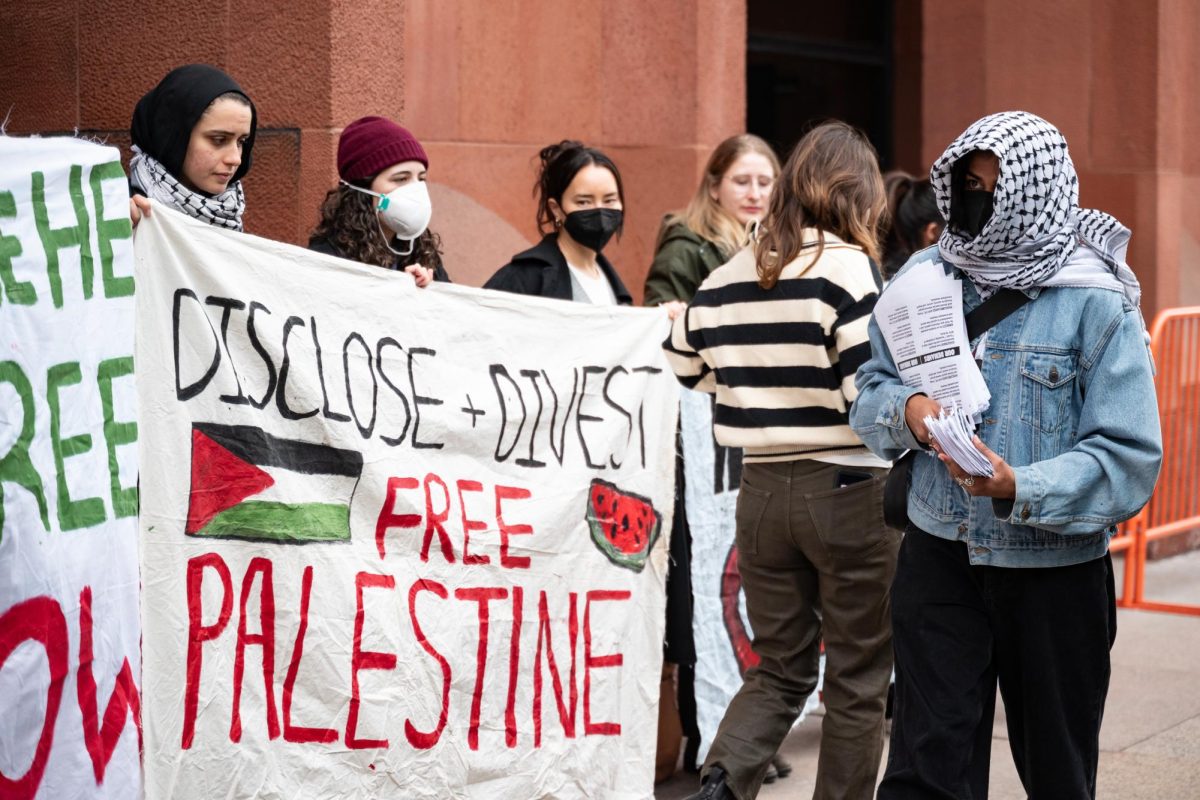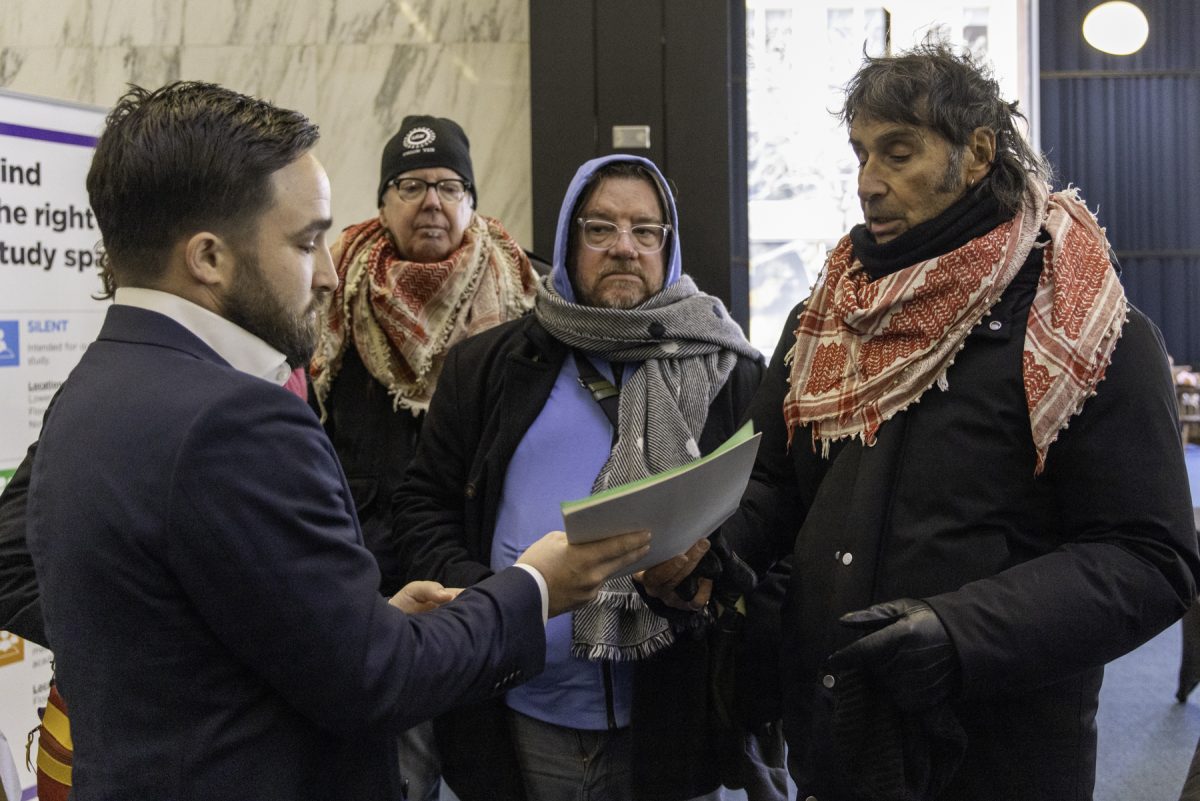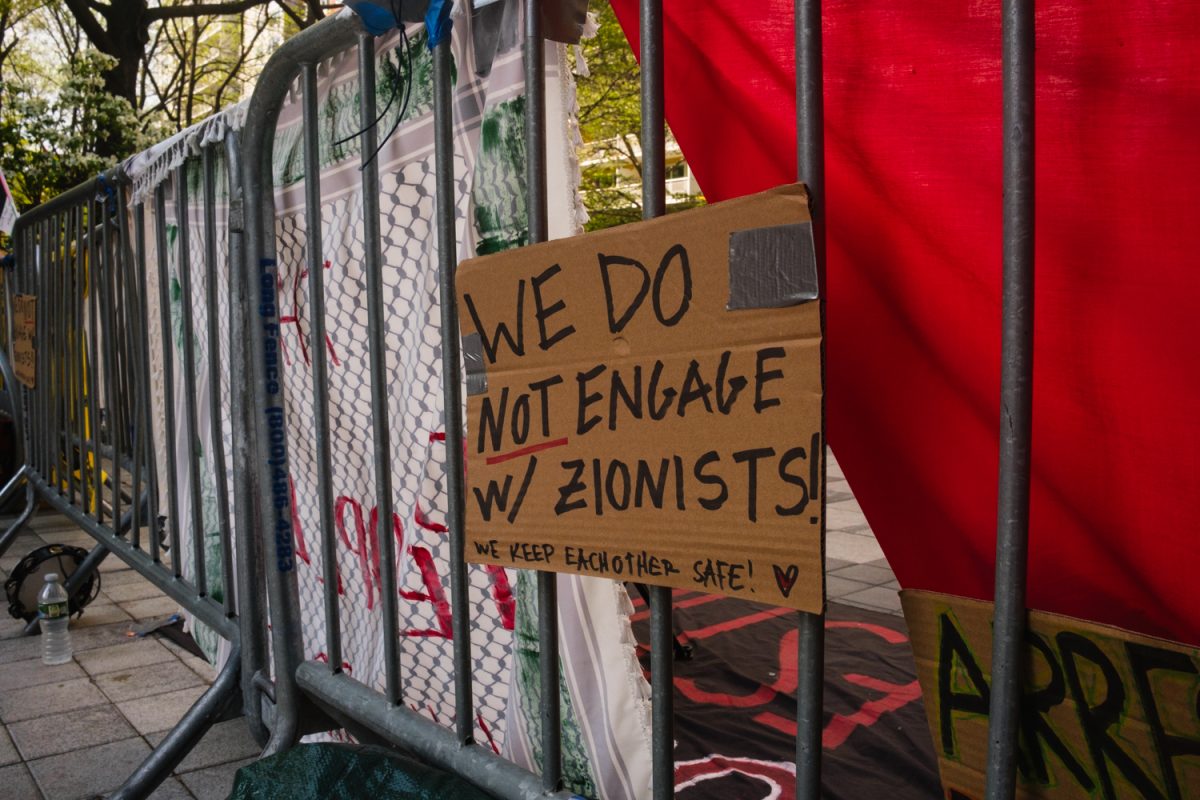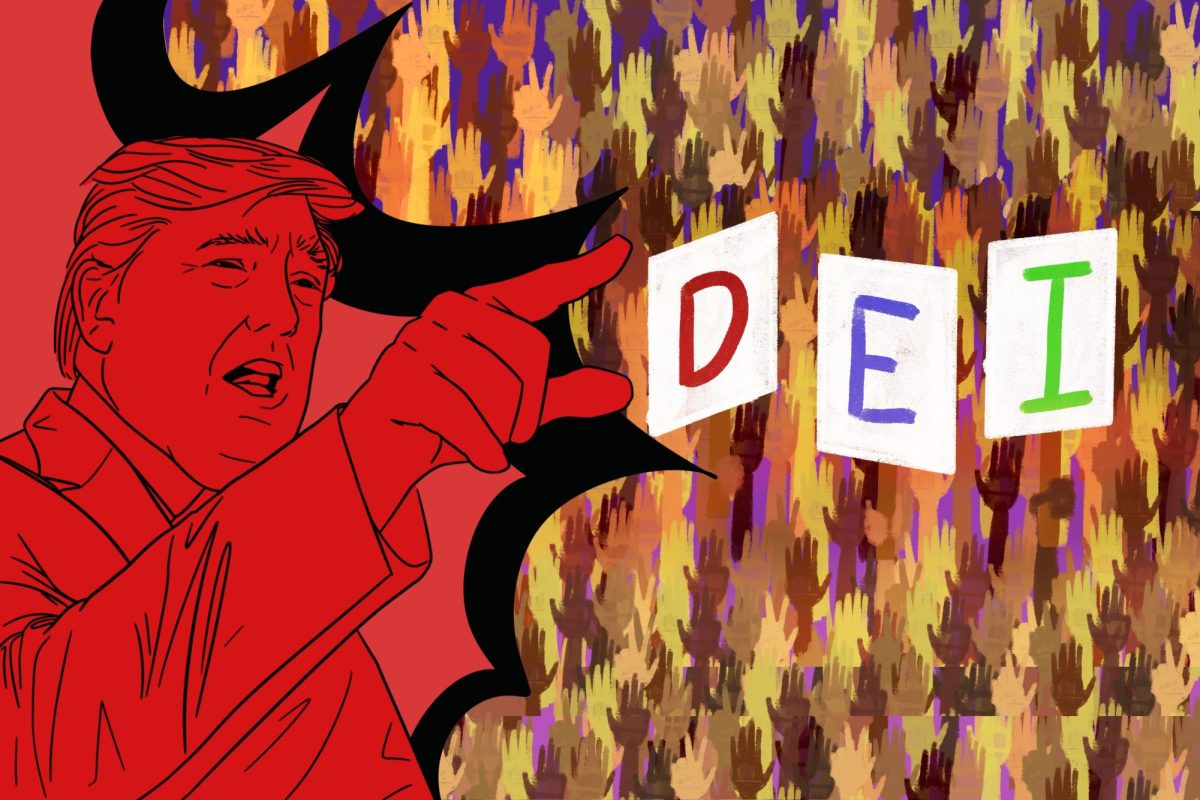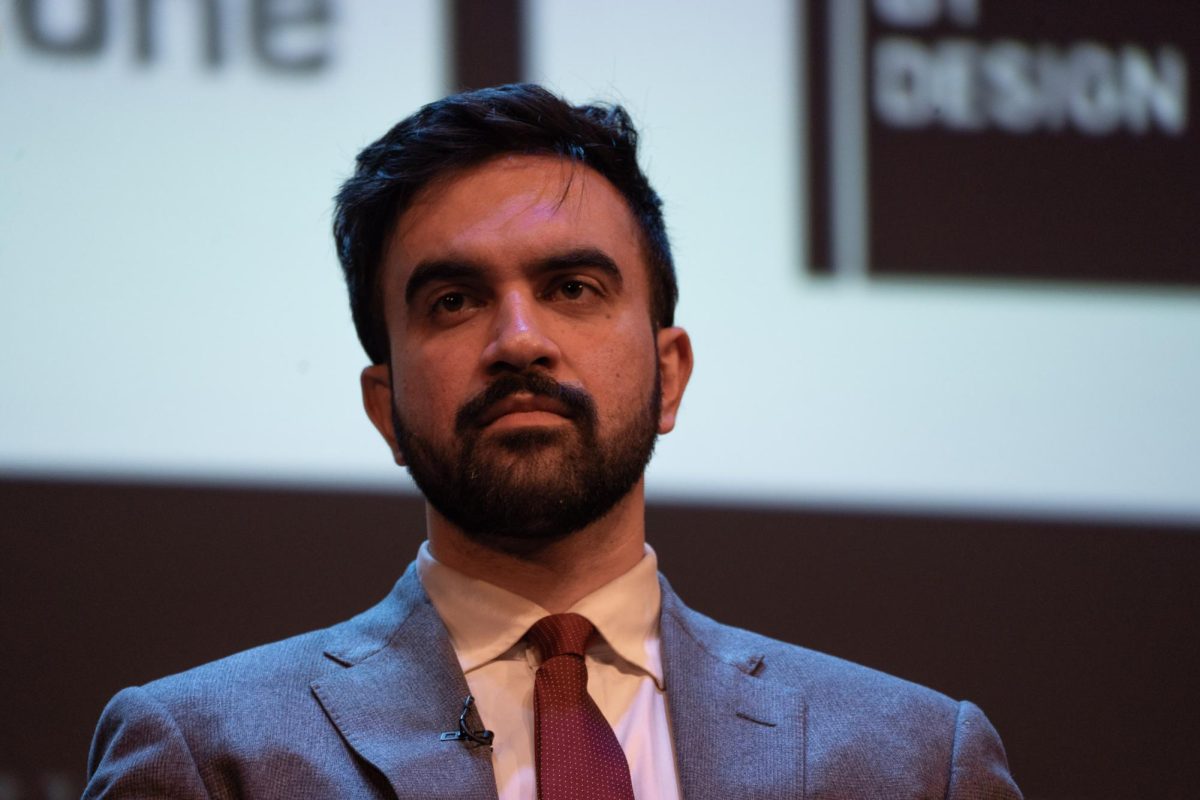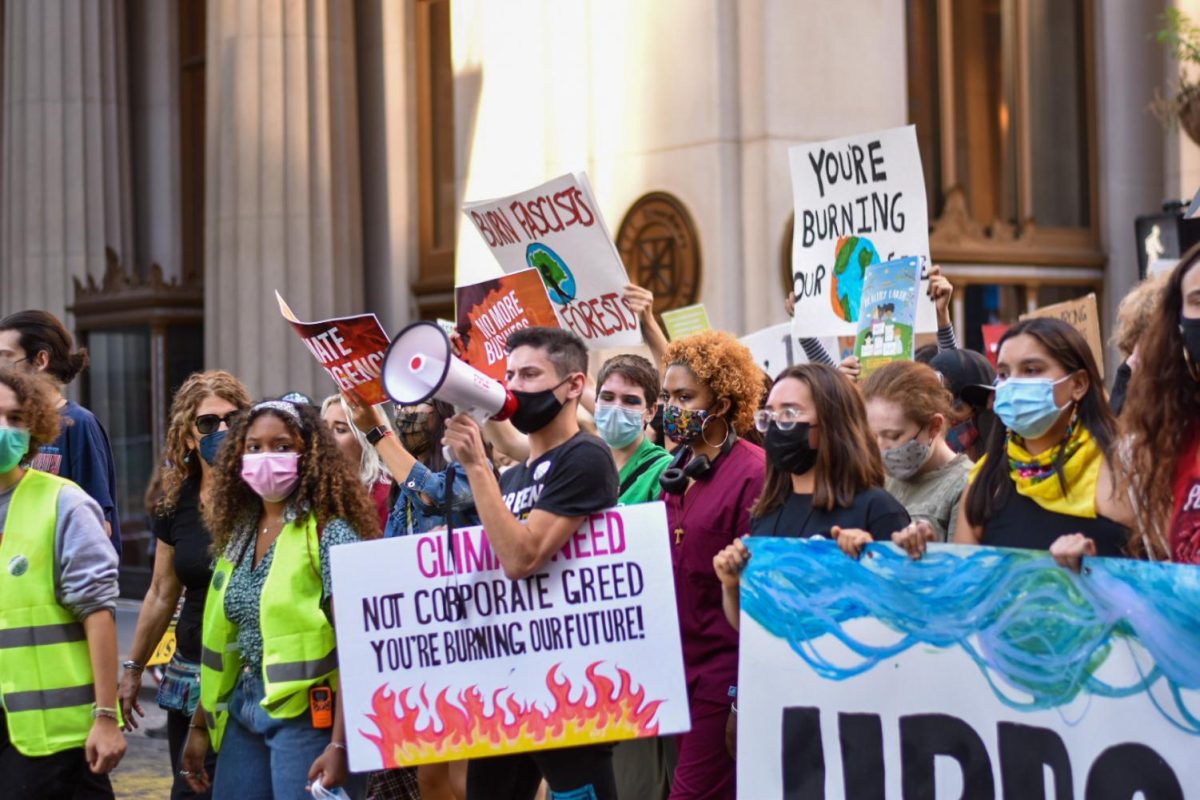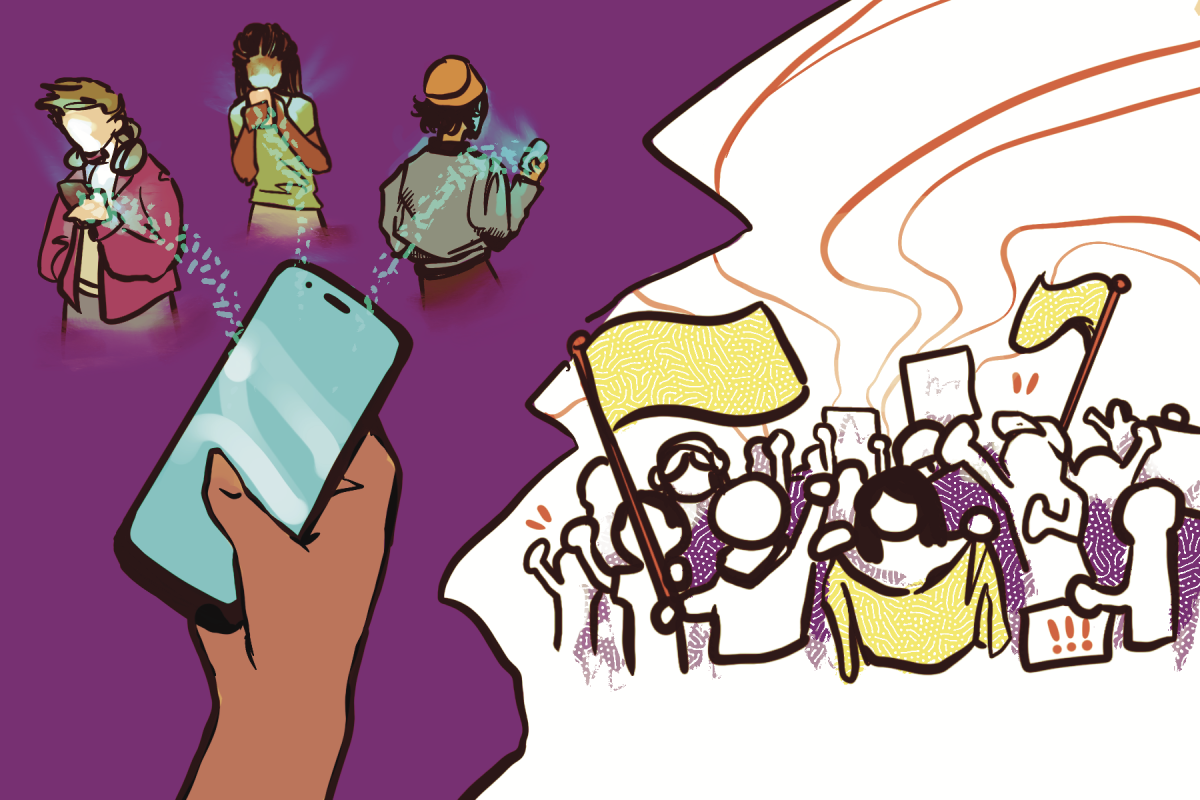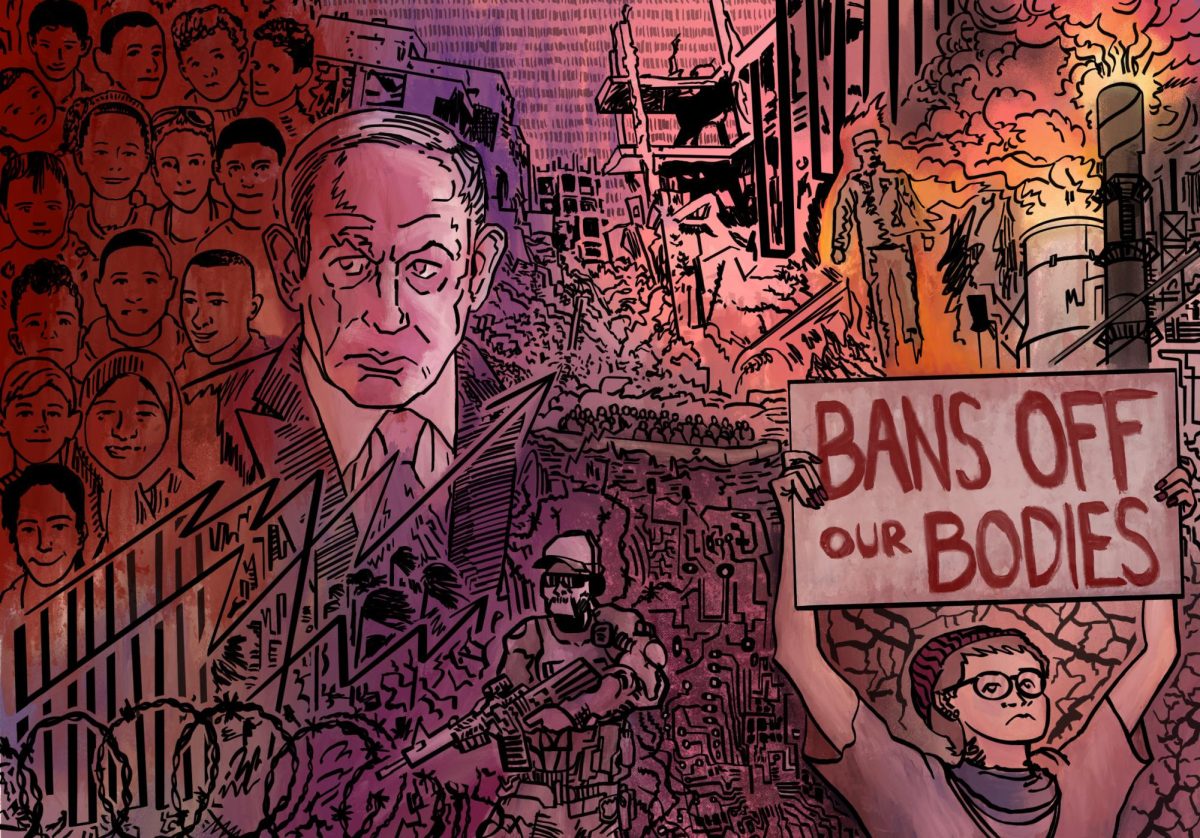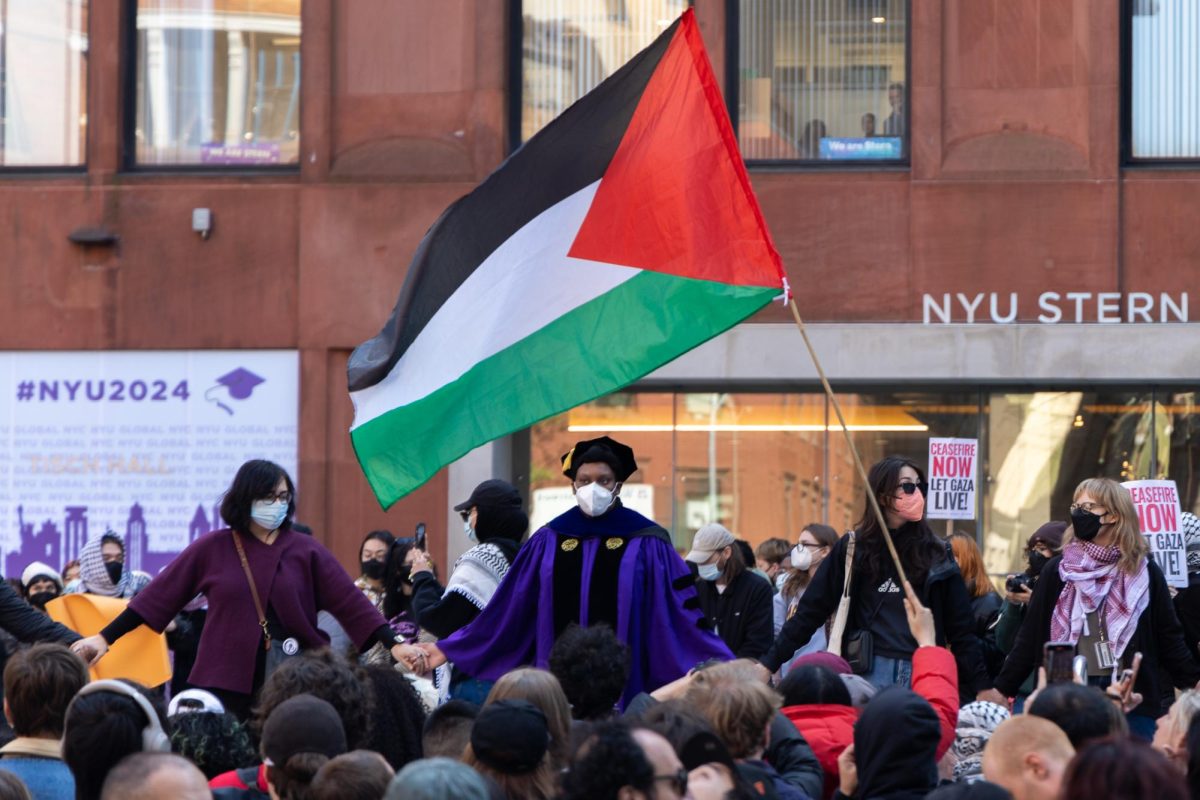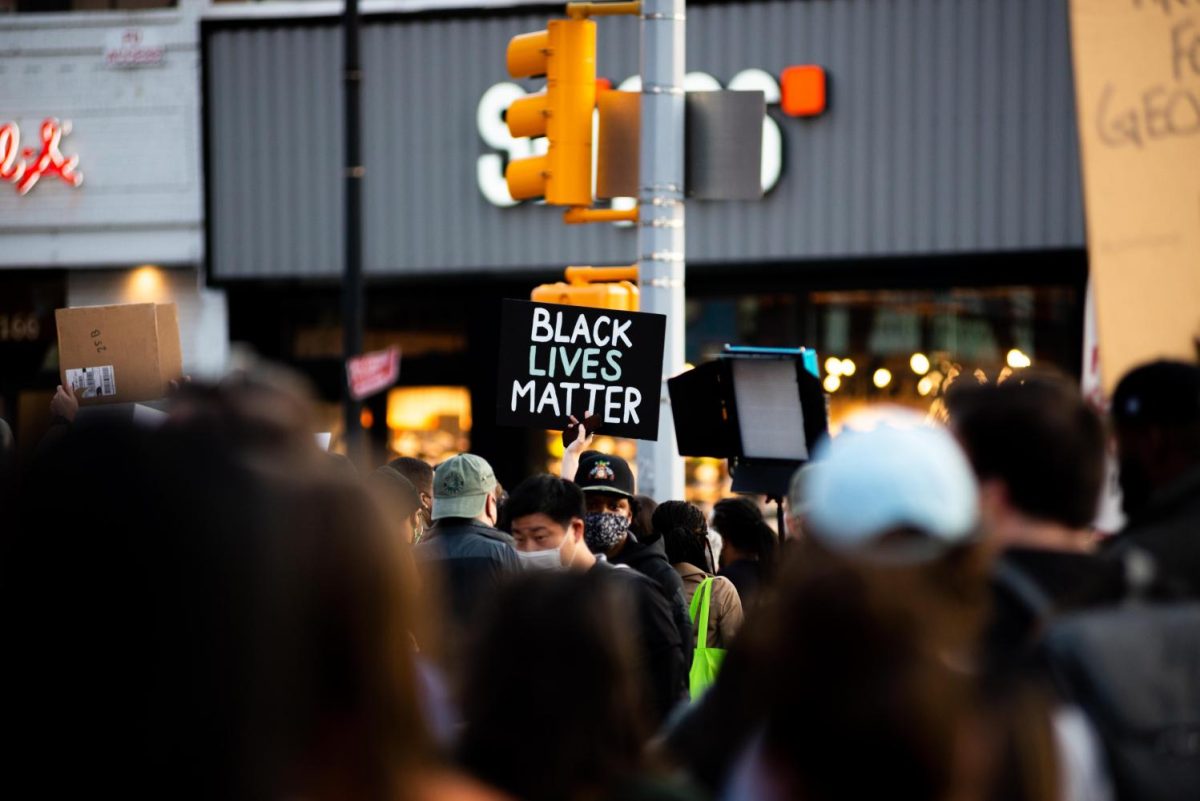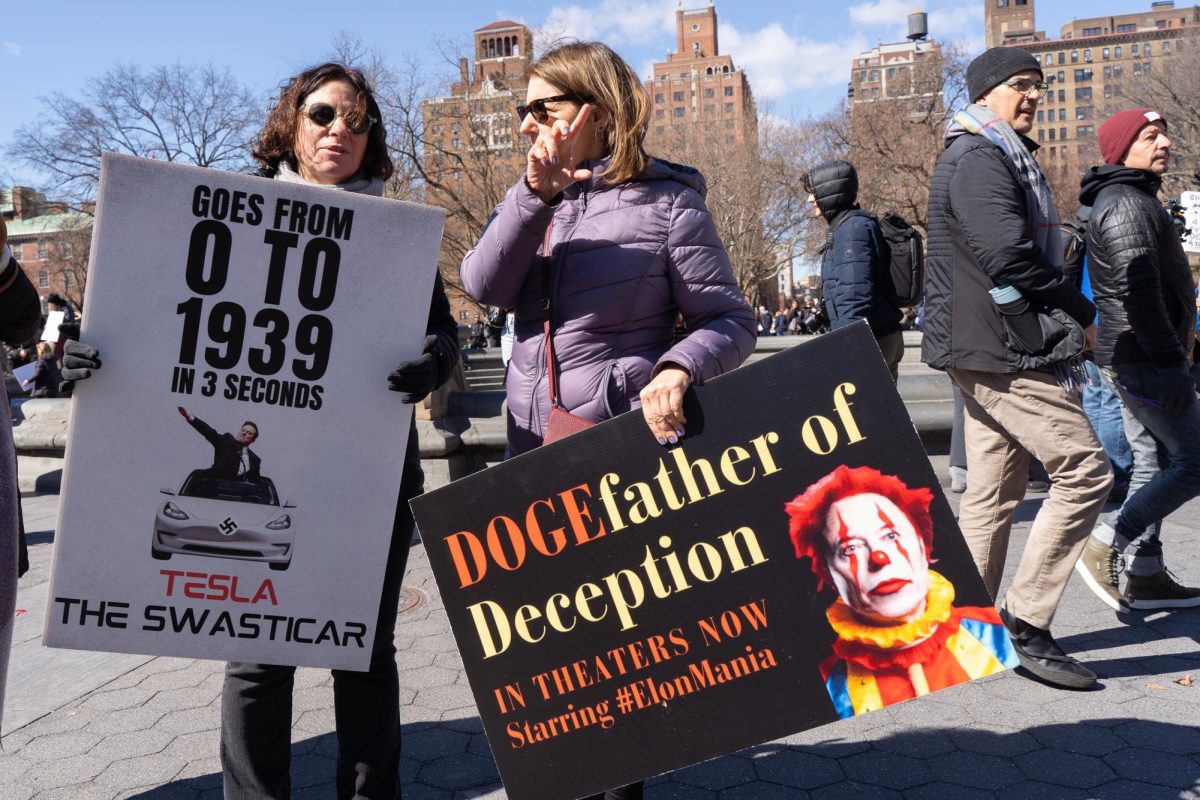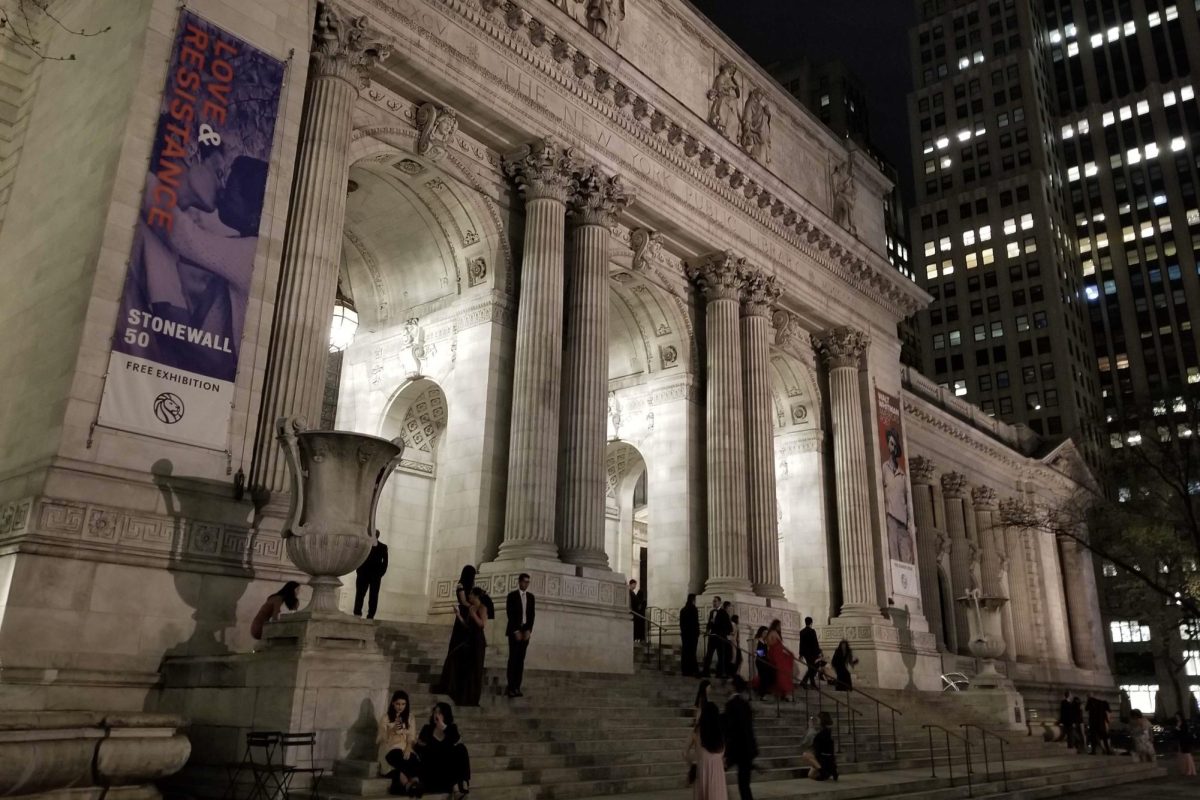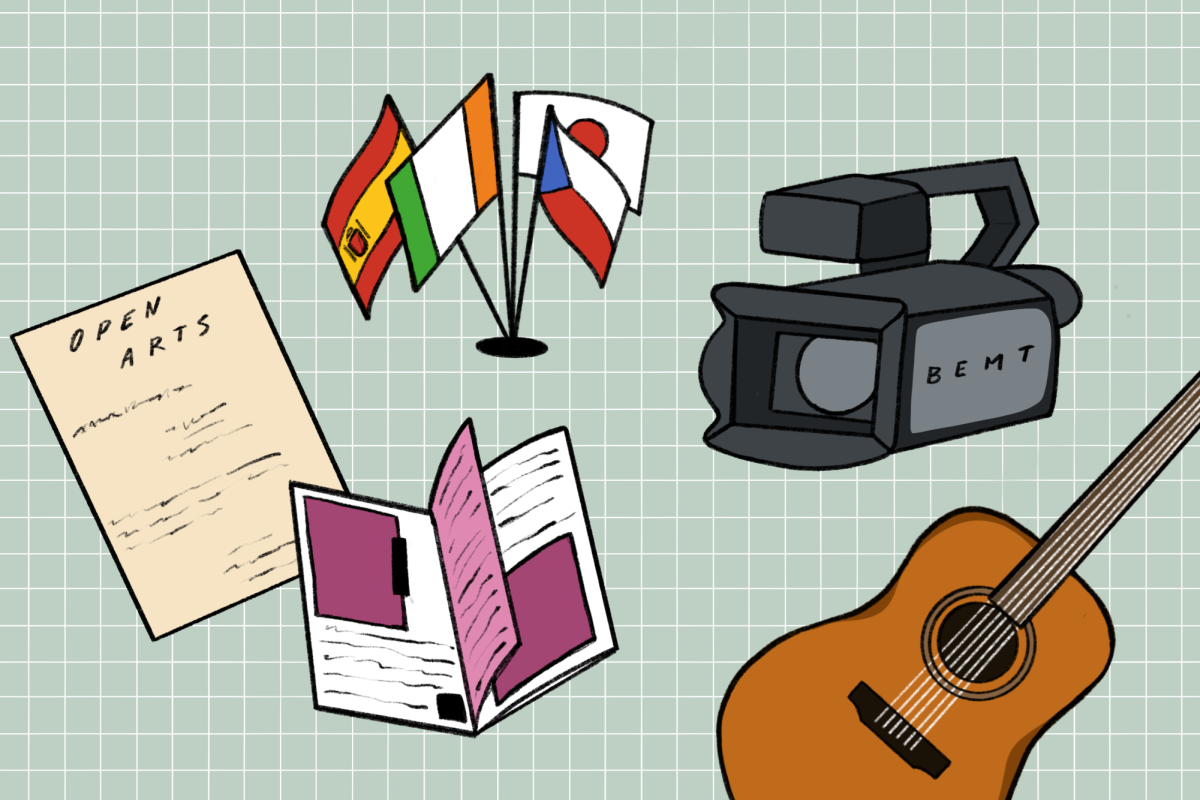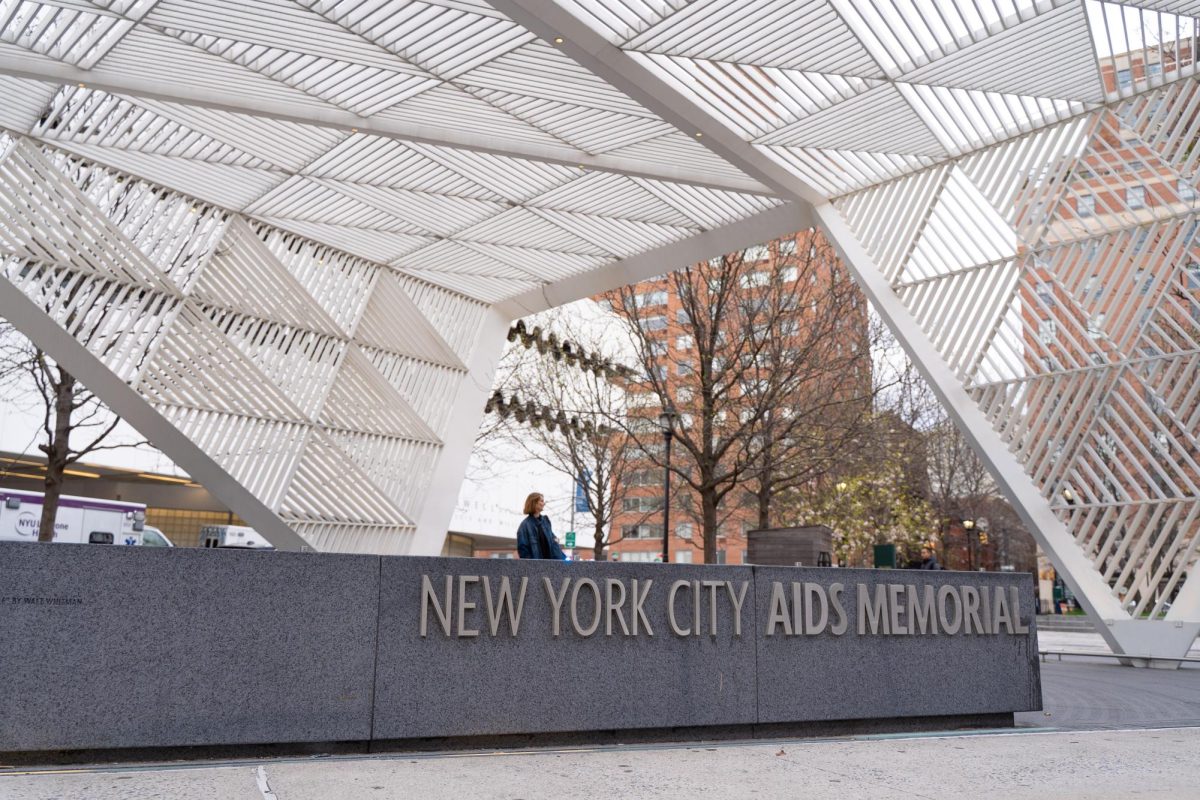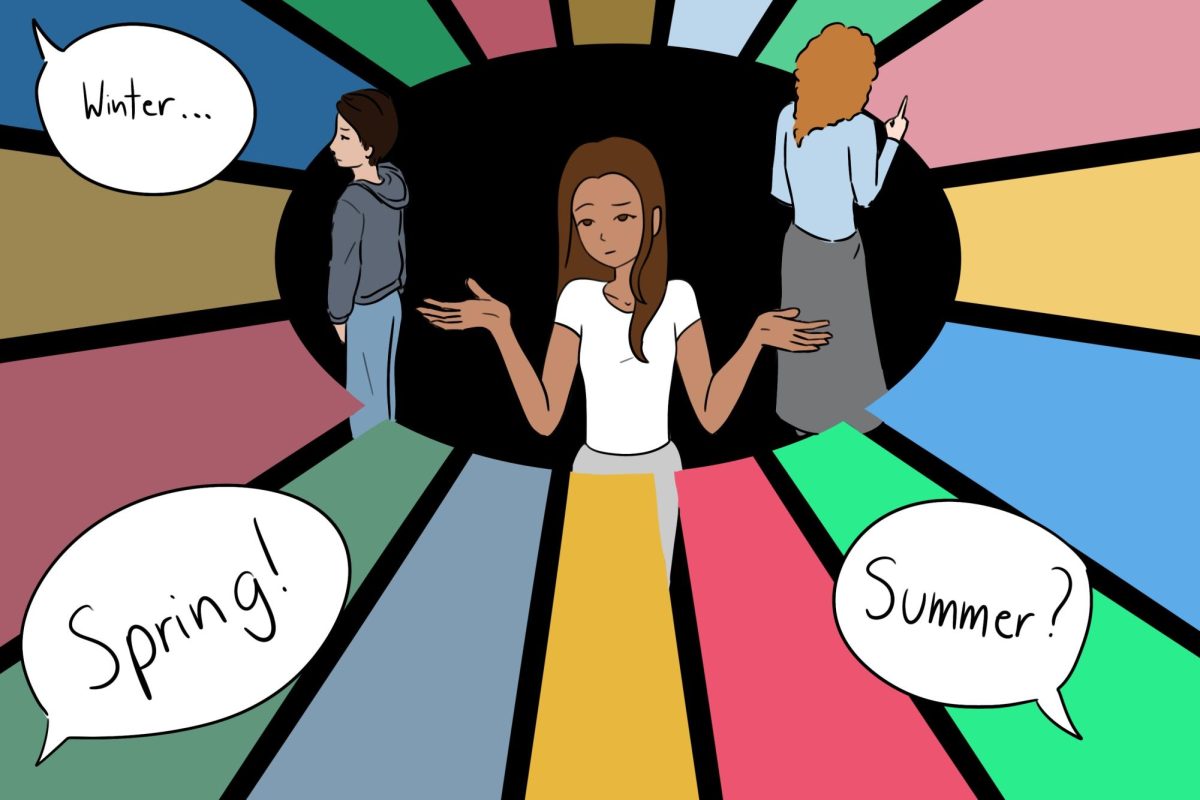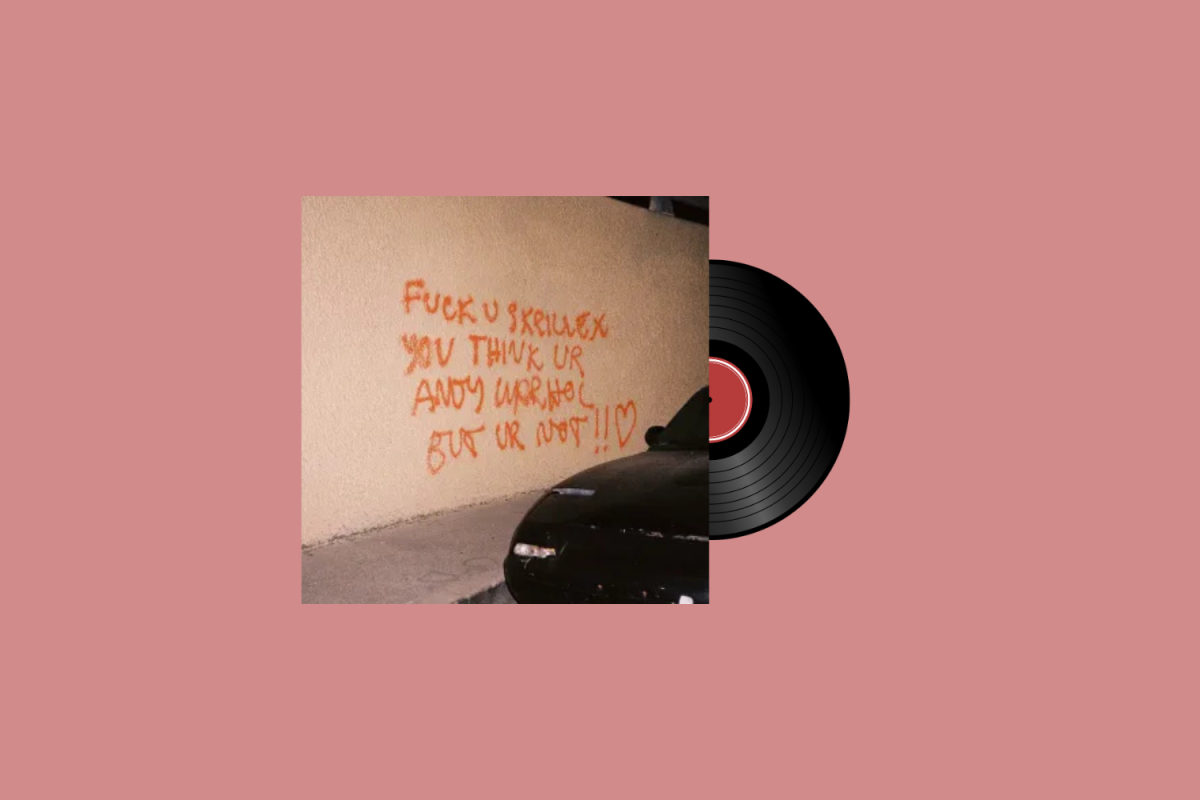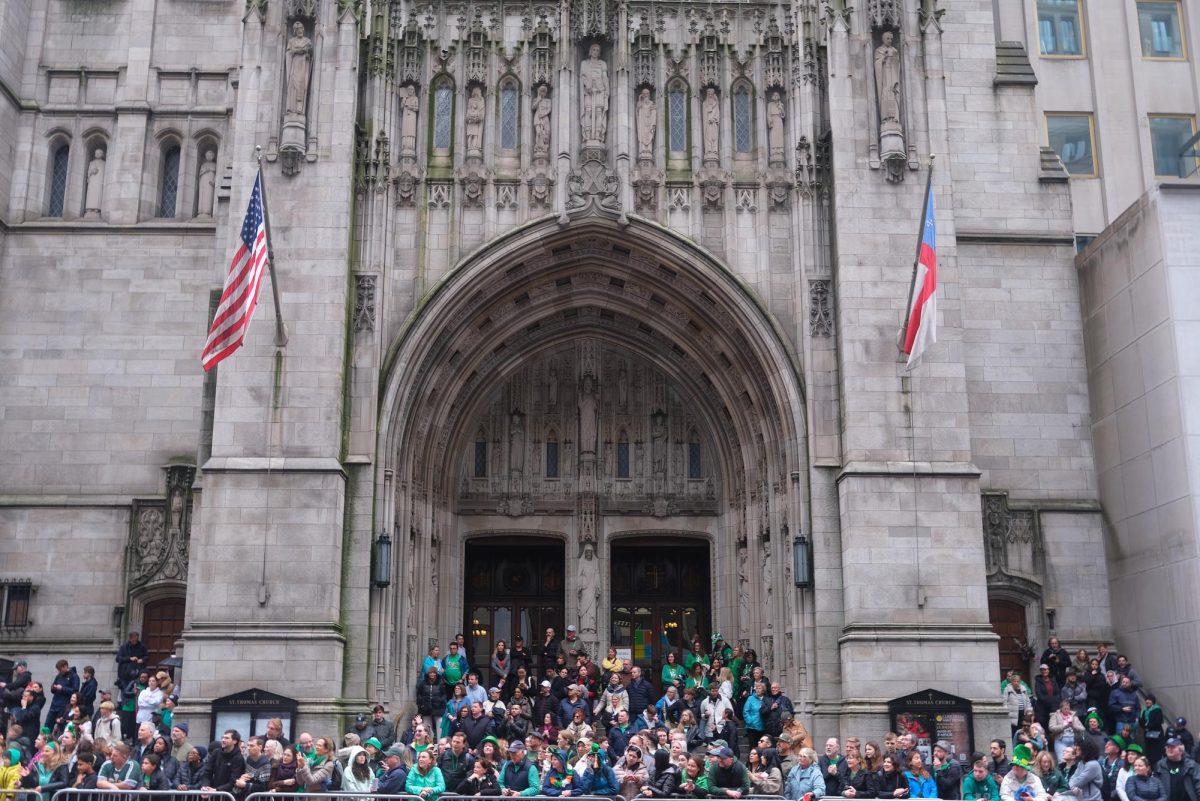Climate change a form of oppression
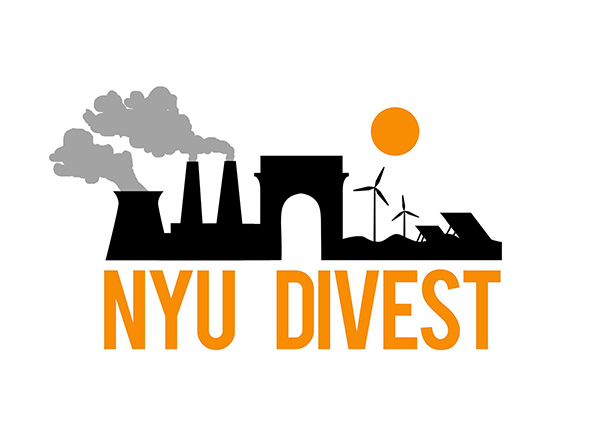
via facebook.com
April 28, 2015
At a NYU University Senate meeting last month, a working group created by the administration delivered a misguided report opposing fossil fuel divestment. In the report, the working group acknowledged that NYU has divested from socially irresponsible holdings in the past, such as in the case of genocide in Darfur and the apartheid regime in South Africa, and proposed that “divestment is appropriate in the rare instances when there is a compelling moral or humanitarian objective and that there are few or no alternatives for action by the institution.” While they noted that the “ongoing risk to the environment [of carbon emissions] is significant,” the report went on to argue “there is not sufficient justification” for divestment.
NYU Divest’s argument rests largely on Bill McKibben’s 2012 Rolling Stone article, “Global Warming’s Terrifying New Math,” which brought public attention to the frightening fact that fossil fuel companies own enough reserves to emit at least 2,795 gigatons of carbon dioxide. In reality, burning just 565 gigatons more carbon dioxide would be nearly certain to raise average surface temperatures by 2 degrees C, resulting in irreparable, catastrophic damage.
While the worst consequences of climate change are yet to come, the harsh reality is that countless people are already facing its devastating impacts. Global warming’s varied effects include extreme storms, food shortages, droughts and increasingly virulent diseases. Last October, the Pentagon characterized climate change as a threat to national security and a “conflict amplifier,” since resource scarcity is likely to cause or exacerbate regional conflicts. Within the United States, consequences of both industrial pollution and climate change disasters fall disproportionately on the impoverished and historically disenfranchised. Internationally, the situation is further unbalanced: affluent countries continue to account for the majority of carbon emissions, existentially threatening coastal and small island countries as well as indigenous populations.
An often overlooked aspect of climate change is the alarming death toll. A 2009 report by the Global Humanitarian Forum concluded: “every year climate change leaves over 300,000 people dead, 325 million people seriously affected, and economic losses of US $125 billion.” This report calls climate change a “silent crisis.” At government request, DARA International found that 400,000 die per year from climate change, up to 600,000 by 2030 — this number expands to 5 million when including local health harms of burning fossil fuels. If nearly 400,000 deaths a year doesn’t constitute a humanitarian crisis worthy of action, it is hard to know what does.
Since discourses on climate change tend to focus on data — numbers, graphs, weather patterns — rather than on the victims, it is all too easy to forget that this is a global crisis rooted in oppression. If climate change affected the wealthy and powerful to the same extent as those living in small Pacific islands, it would be unacceptable for a politician to throw a snowball on the senate floor in order to prove that global warming did not exist. Climate change is real, created by humans and leaves in its wake a ruinous path of destruction that disenfranchised people are forced to quietly accept. In light of these facts, NYU cannot look the other way.
Perhaps it was easier for NYU to divest during the crises in Darfur and South Africa because those cases were examples of overt racism from identifiable perpetrators who are culpable for acts of obvious brutality. However, climate change is also a form of violence — albeit one that is more subtle and thus more insidious. Victims of climate change are deprived of access to food, potable water, breathable air and the very land they live on.
NYU Divest is trying to shift the political climate from one of apathy to one of action on climate change. The group targets the fossil fuel industry on the basis that its extractive business model is responsible for carbon emissions, and that it prevents governments from taking steps to mitigate global warming. NYU, as an institution committed to learning and fact, has an obligation to make a public statement opposing companies responsible for global human rights abuses that will ultimately have a devastating effect on the futures of their students.
NYU’s University Senate will be voting on the issue of fossil fuel divestment on April 30. NYU Divest hopes to see our faculty, students and administrators recognize climate change for the humanitarian crisis that it is, embrace a position of leadership and help spur legal action. NYU cannot fall subject to the same kind of inaction that has been plaguing our government for decades. There is simply too much at stake.
Malcolm Kim, Olivia Rich, and Charlie Martin are student members of NYU Divest.
Opinions expressed on the editorial pages are not necessarily those of WSN, and our publication of opinions is not an endorsement of them.
Email Malcolm Kim, Olivia Rich, and Charlie Martin at [email protected].

